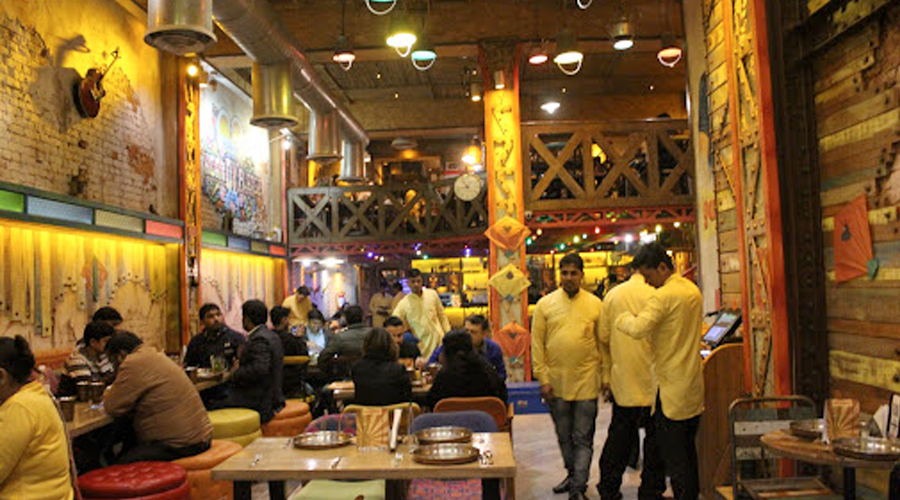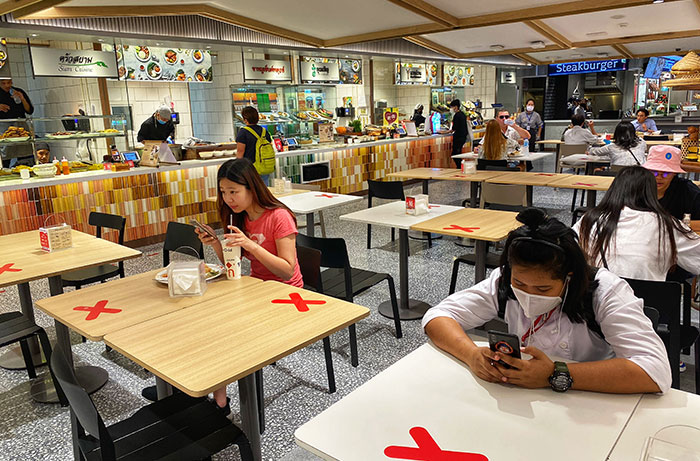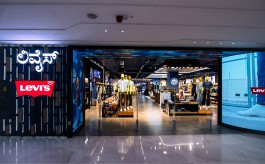Restaurant, Food industry hit hard by Covid-19, but long term optimism remains high: Retail Experts
By Retail4Growth Team | July 20, 2020
The restaurant industry is anticipated to be the first industry to bounce back. Contactless dining & the concept of drive-through will gain momentum, paper menus will be replaced by digital and QR codes, according to food business honchos

The impact on businesses has been colossal as the COVID-19 outbreak impacts various segments of the sector. In the restaurant industry alone, 40% of businesses that shut in March might not ever open again. However, as India moves through Unlock 2.0, technology is what can help businesses not just recover from the impact but also to grow.
Retailers Association of India hosted a webinar, titled ‘Retail Technology and the Big Reset’, to help retailers better understand the role of technology in reviving business post-lockdown, rebuilding consumer confidence, and innovating for the consumer. Powered by food-tech company Dineout, the webinar also aimed at equipping retailers with some ground-breaking technologies that could benefit businesses.
Panelists for the webinar included Ankit Mehrotra, Co-Founder & CEO, Dineout; Ankur Bhatia, Chief of Staff, Bestseller India; Kiran Komatla, SVP - IT, Burger King India Pvt. Ltd.; Rajendra Kalkar, President – West, The Phoenix Mills Ltd.; and Ritesh Ghosal, CMO, Infiniti Retail Ltd. Croma - A TATA enterprise. The session was moderated by Kunal Mehta, GM – IT, Raymond Ltd. – Lifestyle Business.
Setting the context to the discussion moderator Kunal Mehta, GM – IT, Raymond Ltd. – Lifestyle Business said, “The COVID-19 pandemic has brought enormous personal, economic and social damage to many and all. It has upended countless lives and has exasperated the many disruption efforts, laying bare the viability of many business models. Beyond that, it has provided a new set of acute shocks to seemingly sturdy businesses and principles that have guided our thinking as retailers for decades.”
“The food industry was operational even during the world wars. Never has the industry been shut like this,” said Ankit Mehrotra, Co-Founder & CEO, Dineout.
The shock of the pandemic has worn off, businesses, as well as people, have not just accepted the harsh reality but are also preparing to come out of it. “Everyone is preparing to come out of the impact right now. Restaurants or retail by nature is a social business. But the requirement of the new normal is social distancing. Businesses need to learn to get the two together—getting people to go out and at the same time ensuring social distancing norms are followed. Technology is going to play a very important role in this entire process across all industries,” added Mehrotra.
Elaborating on how things have changed for CDIT and the increasing importance of technology, Ritesh Ghosal, CMO, Infiniti Retail Ltd. Croma - A TATA Enterprise, said, “Research for customers had already moved online, but because of the sum of money involved in our category, most customers also wanted to do a physical verification of the products. And that’s why it has always been very important to be omnichannel and this will retain its importance for retail going forward”.
Speaking about the role of technology in retail’s revival story, Ankur Bhatia, Chief of Staff, Bestseller India said,“The biggest pain-point right now for most retailers is inventory management. Retailers need to use technology to ensure that they don’t over manufacture or under manufacture.”
Adding to that, Kiran Komatla, SVP - IT, Burger King India Pvt. Ltd. said, “Technology needs to be smarter, interactive and needs to understand customers behaviour better to be able to make better suggestions. This is a wave, which will just keep moving forward.”
Speaking about the technology Phoenix is using at its malls for winning back consumer confidence Rajendra Kalkar, President – West, The Phoenix Mills Ltd. said, “We are using Artificial Intelligence to develop a lot of capabilities. We are also working with partners for contactless payments. For a mall, payments happen at the retailer end, at the parking, and at services, All of that has become completely touch-free. We will be putting up barcodes of restaurant menus at various places in the malls, which customers can scan as they move through the mall and choose their menu and pick up time and pre-book their order.”

The webinar revealed many such interesting insights into the new technologies different retail businesses are adopting for making themselves relevant again.
Below are some key takeaways:
Industry Impact
The restaurant industry is anticipated to be the first industry to bounce back.
Customers will want to see safety measures adopted, not just in front of the dining room but also in the kitchen.
Barcodes and QR codes are going to lead the way forward for purchases in physical stores.
Restaurants will scale down on the number of items on their menu.
Delivery radiuses have doubled since the lockdown.
Contactless dining is going to be the key going forward. Paper menus will be replaced by digital and QR codes. Consumers will be able to order from their phones.
The concept of drive-through will gain momentum.
Capacity management is going to be a new challenge for retail.
Changes in Consumer Behaviour
Safety and hygiene will be of paramount importance to customers going forward.
Ticket sizes for deliveries by QSR have increased.
The preferred channel for a large number of customers is still online even after stores opening up.
Customers will now feel the need to see the availability of inventory more than ever before.
Advice for Retailers
Adopt digital real-time connections to drive better customer experience.
Become digitally savvy with communication and payments.
Focus on inventory accuracy; it is of utmost importance to brave through this pandemic.
Place QR Codes/barcodes across at various strategic and vantage points.
Use suggestive selling as it is going to drive more digital sales.
Communicate to employees and customers that you care for them.
Create SOPs and communicate them through digital channels.








